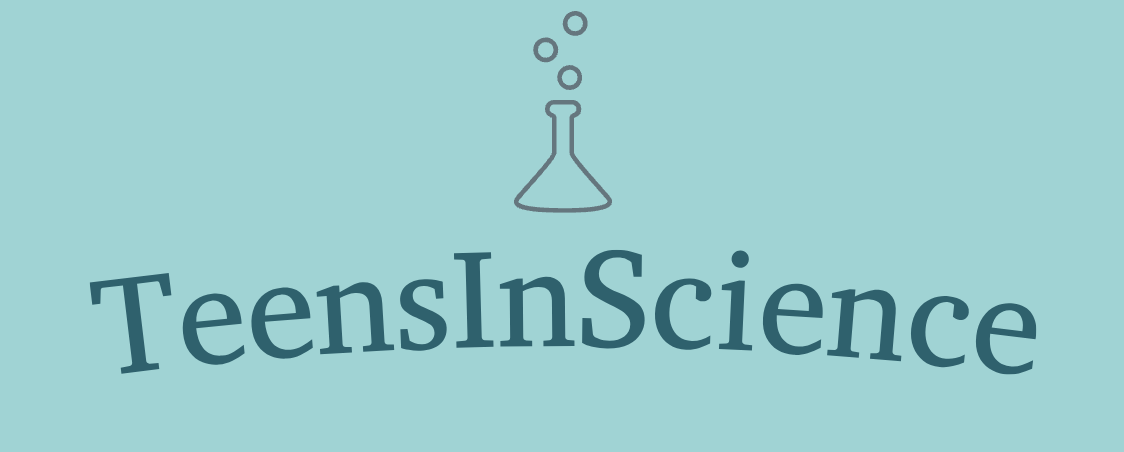Effects of Air Pollution on Human Health
This article will talk about what air pollution is, its negative impacts on health, and what can be done.
Date Published: 9/28/25
Introduction
Air pollution is a global issue that affects millions of people every day. It consists of harmful substances in the air, such as carbon monoxide, nitrogen oxides, particulate matter, and other toxins. These pollutants can have serious consequences for human health, especially for vulnerable populations like children, the elderly, and those with pre-existing health conditions. In this article, we’ll explore the short- and long-term health effects of air pollution and why addressing this issue is crucial.
Short-Term Effects
In the short term, exposure to air pollution can cause immediate health problems, particularly affecting the respiratory system:
Respiratory Irritation: Pollutants like smog and particulate matter can irritate the nose, throat, and lungs, leading to coughing, wheezing, and shortness of breath.
Aggravation of Existing Conditions: People with asthma or chronic obstructive pulmonary disease (COPD) may experience worsening symptoms.
Eye and Skin Irritation: Airborne chemicals can cause itchy eyes, redness, and skin irritation.
Headaches and Fatigue: High pollution levels can also lead to headaches, dizziness, and general fatigue.
Long-Term Effects
Long-term exposure to polluted air poses even greater health risks:
Respiratory Diseases: Continuous exposure can lead to chronic bronchitis, reduced lung function, and an increased risk of developing asthma.
Cardiovascular Problems: Air pollution is linked to heart attacks, strokes, and other cardiovascular diseases due to inflammation and damage to blood vessels.
Cancer: Prolonged exposure to certain pollutants, such as benzene and formaldehyde, increases the risk of lung cancer.
Impact on Children’s Development: Children exposed to polluted air may experience stunted lung growth and cognitive delays.
Shortened Lifespan: Studies show that living in areas with high air pollution can reduce life expectancy due to ongoing damage to the lungs and heart.
Protecting Yourself
While large-scale solutions require government action, individuals can take steps to reduce their exposure:
Stay Indoors During High Pollution Periods: Keep windows closed and use air purifiers.
Wear Masks: Masks with filters can help reduce inhalation of fine particles.
Monitor Air Quality: Use apps or websites to check air quality levels and limit outdoor activities when pollution is high.
Conclusion
Air pollution has significant effects on human health, ranging from minor irritations to life-threatening diseases. Addressing this issue requires global cooperation and local action to reduce emissions and promote cleaner air. Protecting ourselves and advocating for cleaner environments can make a meaningful difference in safeguarding public health.
Works Cited
"Air Pollution and Your Health." National Institute of Environmental Health Sciences, www.niehs.nih.gov/health/topics/agents/air-pollution.
"Health Consequences of Air Pollution." World Health Organization, www.who.int/news/item/25-06-2024-what-are-health-consequences-of-air-pollution-on-populations.
"Research on Health Effects from Air Pollution." U.S. Environmental Protection Agency, www.epa.gov/air-research/research-health-effects-air-pollution.
